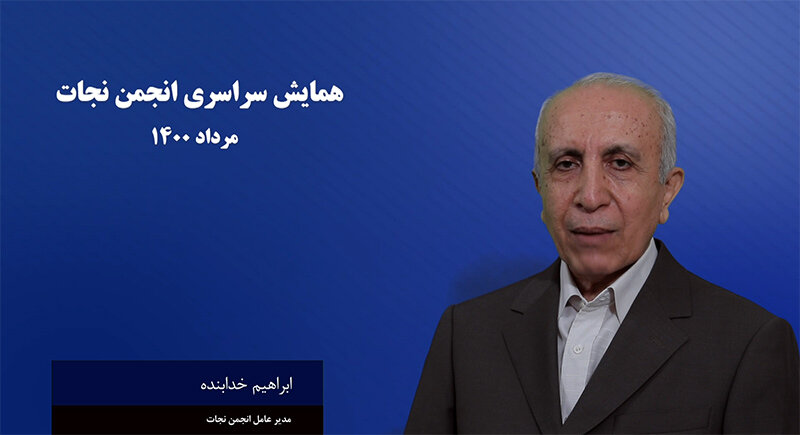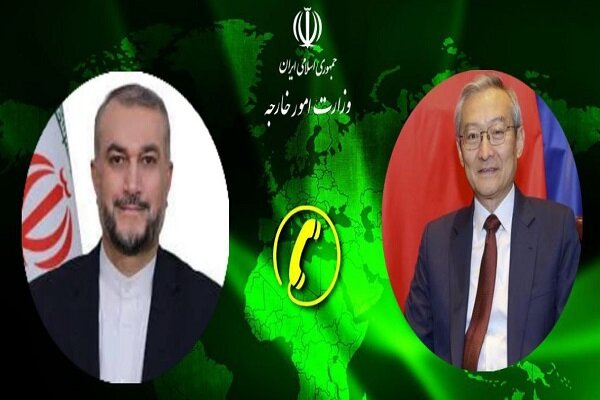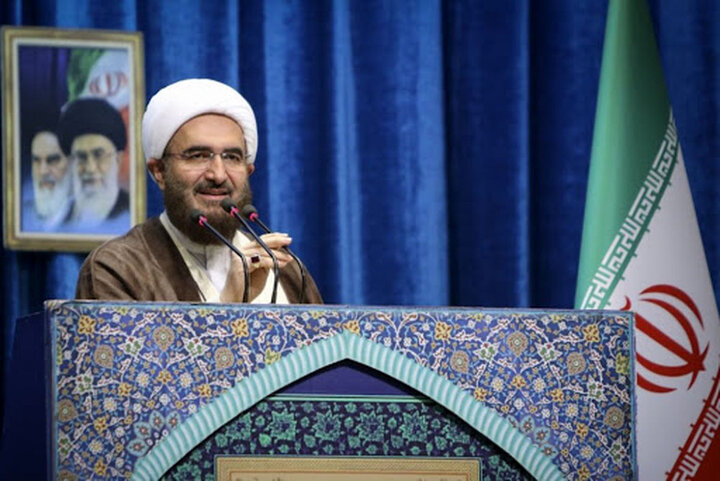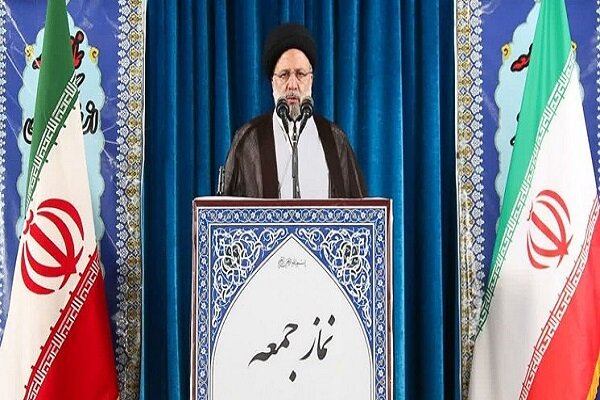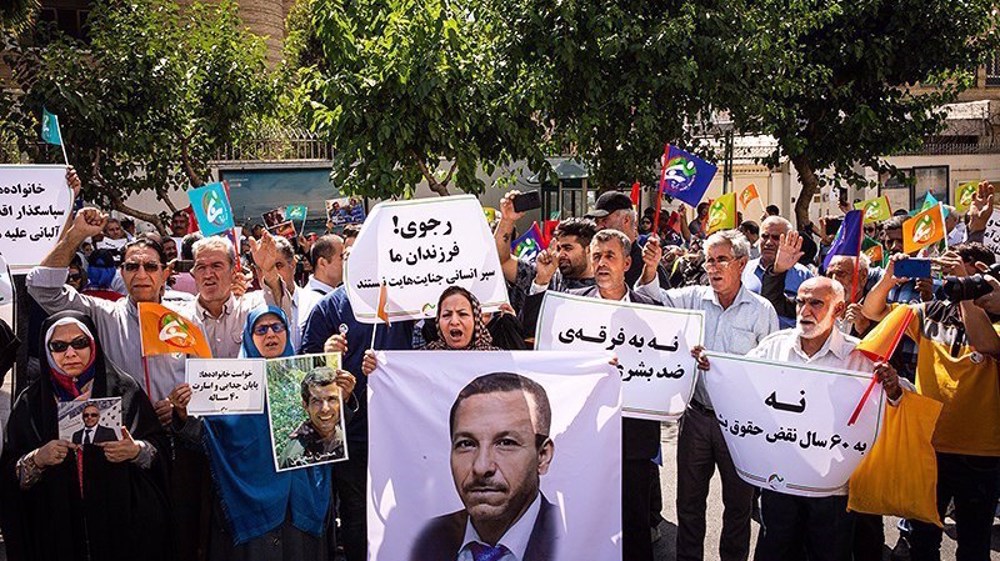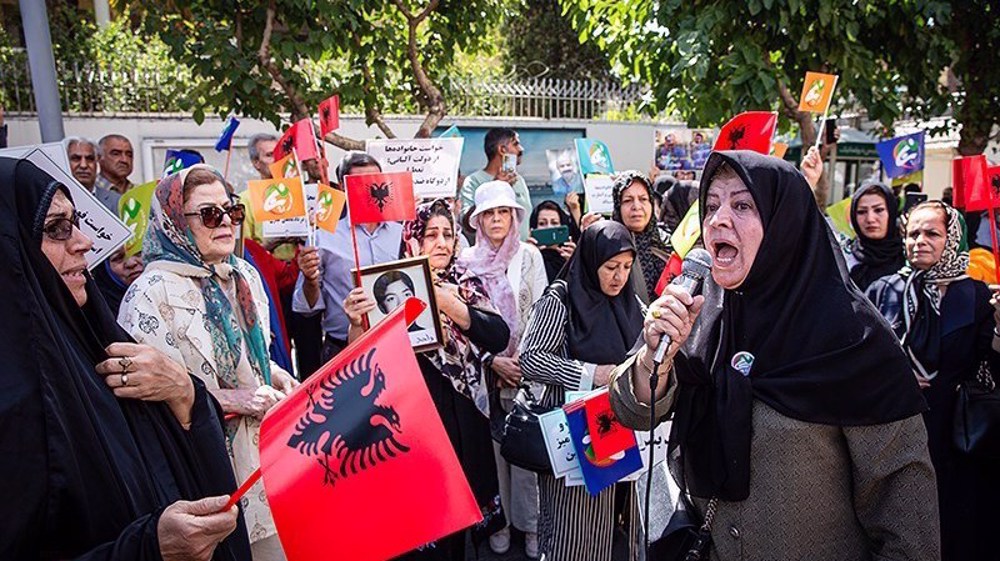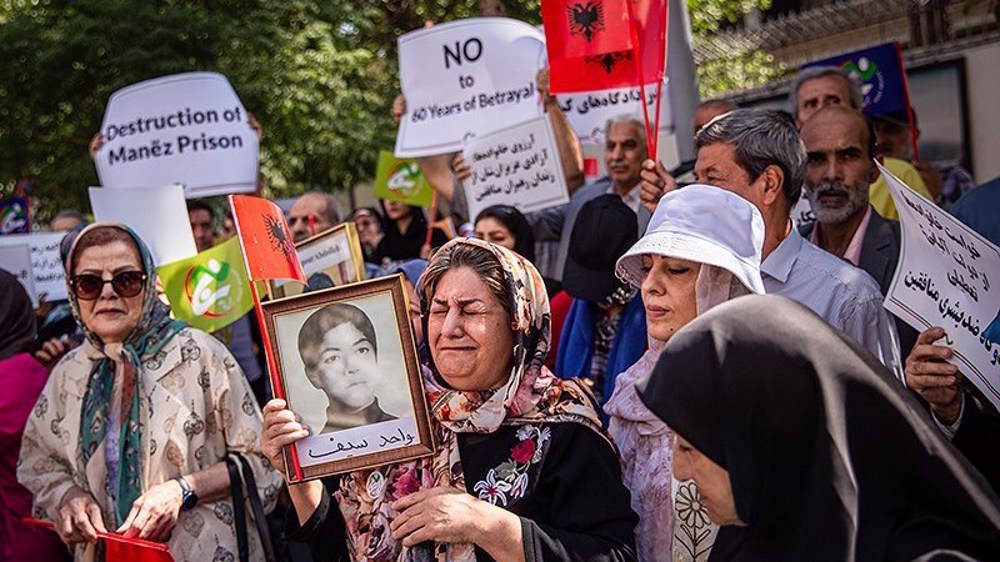Alwaght- The course of regional developments over the past few months suggested that Yemen crisis has approached its end after years, but the moves by the Arab coalition indicate that the enemies of Sana'a are still dreaming of implementing their evil plans against the Yemenis and have no will to end their aggression.
As part of these plans, Hadhramout provincial council announced on last Tuesday that tribal leaders and prominent figures of the oil-rich province at the end of their several-day discussions with the presence of representatives from Saudi Arabia and the UAE agreed on forming a new body dubbed Hadhramout National Council (HNC).
Despite the large-scale gains of the Yemeni army and the popular forces of Ansarullah Movement in the northern, northwestern and central parts of Yemen over the past years, other provinces are still under control of the militia forces loyal to Saudi Arabia and the UAE, and the stepping up of separatist moves in these areas over the past months has led to speculations about the goals of the aggression countries to split these areas from Yemen.
Terms of the Hadhramout National Council
The HNC, which is planned to act under support of Riyadh and Abu Dhabi and away from control of Sana'a, will run southern and eastern cities and control their resources. In the so-called council, such parties as Islah Party, which has Muslim Brotherhood tendencies, are sidelined.
The document of the agreement mentions the right of the people of Hadhramout through fair participation in governance decisions, in such a way that the vital interests of them are guaranteed. Protecting service, security and military institutions from any international conflict and drafting a comprehensive principal declaration in the future are other agreements of the new council.
More than 70 figures, including members of provincial parliament, former prime ministers, tribal and military leaders and academics, and especially the Saudi ambassador to Aden, participated in the signing of the final document of Hadhramout.
Aidarus al-Zoubaidi, the head of Southern Transitional Council (STC), who dreams of controlling the south was present, too. Al-Arabi Al-Jadid reported that the meeting coincided with a meeting of the National Society, an institution affiliated with the STC. According to reports, Abu Dhabi plans to forge a coordination between the two to expand its hegemony over the southern regions. But some experts maintain that the HNC has nothing in common with the STC and will move in a way parallel to it, because Saudi Arabia does not want the provinces of Al-Mahra and Hadhramout to be completely under the control of its rival the UAE, and it has drawn red lines in these areas.
According to the report, the document also states that the doors are open for active forces and figures and those who adopt the council's point of view to join in. The document includes a set of commitments, principles, and guaranteeing arrangements, and will see creation of the council's constituent body headed by Badr Baslameh, a neutral businessman.
The document highlights Hadhramout people's right for administration of their political, economic, security, social and cultural affairs with the aim of reliving human plights, developing Hadhramout, and returning peace and stability to the country.
Abdul Qader Mohammad Bayazid, the spokesman to the newly founded council, said that the results of the meeting confirm commitment to common goals with the Saudi-led coalition, power transition, and neutrality of the council. The council and its supporting institutions work for the right of Hadhramout for participation in decision making and representation in chambers and bodies of the parliament to ensure that people of Hadhramout protect their interests. According to Bayazid, the initiative was raised with the EU and the US and has international support.
Although in recent years there were disputes between the UAE and Saudi Arabia over the control of the southern regions of Yemen, it seems that they have reached an agreement in this regard and a kind of distribution of duties has been made in order to develop cooperation in Hadhramout to bring their minions to power in this strategic province to keep it away from control of Sana'a. Due to its proximity to Yemen, Saudi Arabia has old ambitions in Hadhramout, and even last year unveiled a plan to connect its oil pipeline to the Oman Sea, part of which would pass through Hadhramout.
Significance and position of Hadhramout
The reason why Saudi Arabia selected Hadhramout for this project is because of the province’s strategic position. Hadhramout is the largest province of Yemen and constitutes more than one-third of the country's area. In addition to oil, mineral, and fish wealth, it has a 450-kilometer coastline and was the only port that kept operating during the war.
The coast and plateau of Hadhramout consists of 12 districts, and has been considered the UAE's sphere of influence in the south since April 2016 when Al-Qaeda militants withdrew from Mukalla, the capital city of the province, and its neighboring areas.
This province also has many gold resources and mines, which economically, will inject a lot of wealth into the pockets of the aggression countries. Hadhramout is connected to the Gulf of Aden, allowing the UAE and Saudi Arabia to strengthen their maritime security in this area.
The most important issue about Hadhramout is economy and financial interests. It is neighbor to Al-Mahra and hosts much of the country’s oil and gas resources and this is what attracting the enemy.
Picking Hadhramout for the project rhymes with the US colonial policies. The American forces have been deployed to Al-Mahra and Hadhramout since last year, and Washington seeks to bring to power the Saudi Arabia and the UAE mercenaries in Hadhramout to plunder its oil and gas reserves comfortably. The US is worried that Ansarullah with its military power gain control the south and declare itself the winner of the war. Ansarullah victory, in addition to tarnishing the image of Saudi Arabia and its main supporter the US in the world will give control of Yemen's oil and gas resources to the movement. In other words, they are deploying forces to Hadhramout to block liberation of this oil and gas-rich province.
A prelude to split
Having failed to defeat Ansarullah and occupy the whole of Yemen soil, Saudi Arabia and the UAE over the past year have resorted to alternative plans to realize at least part of their interests in this poor Arab country. As part of this scenario, they initiated a split project, and formation of HNC is party of this project.
“All the people of Yemen should be careful about the separatist plans that target the land and people and not to align with these steps,” said Ali bin Mohammad, the official spokesman to the ‘peaceful sit-in committee’ in Al-Mahra.
In a Facebook post, bin Mohammad held that real ambitions behind the Saudi-Emirati coalition are now overt and they have the opportunity to advance their ambitions. These hasty moves taken by the occupiers are only aimed at sowing division, he added.
Despite the moves of the UAE and Saudi Arabia to split Yemen, many of the local people of Hadhramout are not aligned with the policies of the aggression coalition, and rulers of Abu Dhabi and Riyadh will find it difficult to continue the occupation in this region. In June 2021, thousands of people blocked streets of Mukalla for several days and even stormed the headquarters of the Saudi-backed government, but the uprising was suppressed with armed force of the Saudi troops and mercenaries that killed and wounded a number of protesters. Actually, people of Hadhramout are not happy with the occupation and this can prove costly to the coalition.
Another challenging issue for Riyadh and Abu Dhabi is the type of Ansarullah’s response to secessionist policies. Ansarullah leaders have repeatedly warned that any moves to partition of the country will draw responses to the coalition states. Concerning plunder of oil, the movement has already given responses to the occupiers, and warns they will take it back from the two countries using force. Mohammad al-Bukhaiti, a senior Ansarullah member, in an address last month warned the Saudi coalition, saying: “The unity and integrity of Yemen and maintaining its territorial integrity is the achievement of the Yemeni nation. The territorial integrity of Yemen does not depend on the will and desire of a political party, let alone on a group that represents the aggressors.”
Having in mind that Ansarullah threatened it would not tolerate the enemies, the coalition's new moves in Hadhramout will re-inflame war in the country, and perhaps Saudi and Emirati depth would come under missile attacks for the third time, as Saudi and Emirati rulers have shown no will to end the war and embrace peace.


